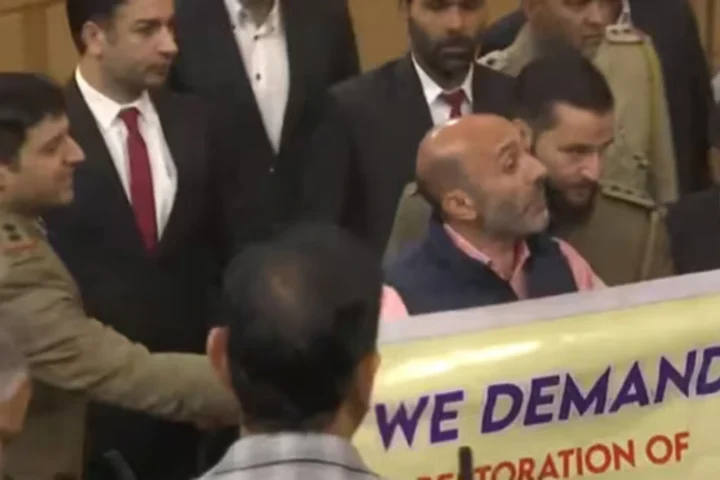In a groundbreaking verdict, the Karnataka High Court declares that the repeal of Section 23 of the Hindu Succession Act has a retroactive effect. The court’s decision addresses the intricacies of daughters’ property rights, challenging the notion of abandonment and paving the way for seeking partition in joint family properties.
Context of the Case
The court’s decision arises from a partition suit where daughters, despite abandoning shares in agricultural properties, assert their rights in other joint family properties. The defendants argue that the plaintiffs forfeited their right to claim partition in house properties by relinquishing rights in agricultural lands.
Defendants’ Contention
Defendants contend that the plaintiffs, aware of house properties’ ancestral nature, deliberately abandoned rights during a 2000 partition. They argue that Section 23 of the Hindu Succession Act, pre-2005 amendment, restricted females from claiming partition in dwelling houses.
Retroactive Effect of Section 23 Repeal
Despite the prospective nature of Section 23’s repeal, the court applies a retroactive lens. Citing the Supreme Court’s perspective in Vineeta Sharma v. Rakesh Sharma, the court clarifies that retroactivity is not retrospective but operates based on past events, allowing daughters to seek partition post-repeal.
Impact on Property Rights
The court dismisses the notion of creating vested rights in male family members, emphasizing that the repeal of Section 23 grants daughters the right to seek partition in house properties. Revenue extracts indicate undivided houses, and the court rejects the argument that restrictions under Section 23 persist post-amendment.
Court’s Observations
The court highlights that the 2005 amendment removed restrictions on dwelling houses, rendering Section 23’s restrictive right obsolete. It concludes that the repeal of Section 23 cannot be deemed a continuing restriction, paving the way for daughters to claim partition rights.
Verdict and Implications
With the court’s rejection of the appeals, the ruling sets a precedent by recognizing daughters’ entitlement to seek partition in joint family properties, challenging traditional constraints. The judgment aligns with evolving legal perspectives on gender equality and property rights in Hindu Succession law.







